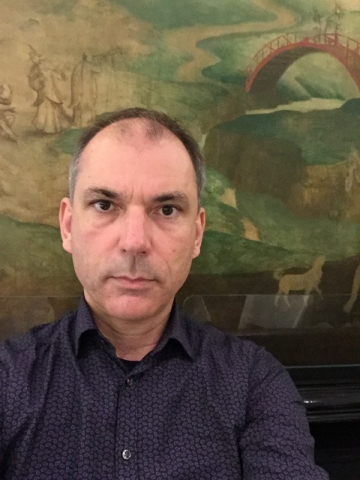Sponsor
History Department
Co-Sponsor(s)
NCSU Dept. of History; Wake Forest University Office of the Provost; UNC Carolina Seminars; John Hope Franklin Humanities Institute; Duke Center for Jewish Studies
The classic concept of the body politic persists, however its alignment with organismic concepts of the state in modern times, especially under the Nazi regime, has diminished its contemporary impact. In this paper I propose a model of political physiology (in line with previous work on political theology) to show how new ideas in organismic biology had significant echoes and analogies in political concepts in the interwar years and beyond. Understanding this relation will allow us to see how the science of cybernetics opened new ways of thinking about the state in the postwar years.
Bio:
David W. Bates is Professor in the Department of Rhetoric at the University of California, Berkeley, an affiliate with the Center for Science, Technology, Medicine and Society, and past Director of the Berkeley Center for New Media. He received his PhD in European History from the University of Chicago. His research and teaching is focused on the relations between technology and cognition, and the history of political and legal thought. His book An Artificial History of Natural Intelligence: Thinking with Machines from Descartes to the Digital Age will be published by the University of Chicago Press in Spring 2024. He has previously published two books on early modern thought — Enlightenment Aberrations: Error and Revolution in France (Cornell, 2002) and States of War: Enlightenment Origins of the Political (Columbia, 2011) — and edited (with Nima Bassiri) a volume Plasticity and Pathology: On the Formation of the Neural Subject (Fordham, 2015). Other publications include articles on topics such as Cybernetics, Artificial Intelligence, and 20th-century political and legal theory.
History Department
NCSU Dept. of History; Wake Forest University Office of the Provost; UNC Carolina Seminars; John Hope Franklin Humanities Institute; Duke Center for Jewish Studies
